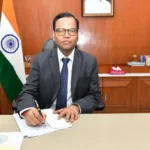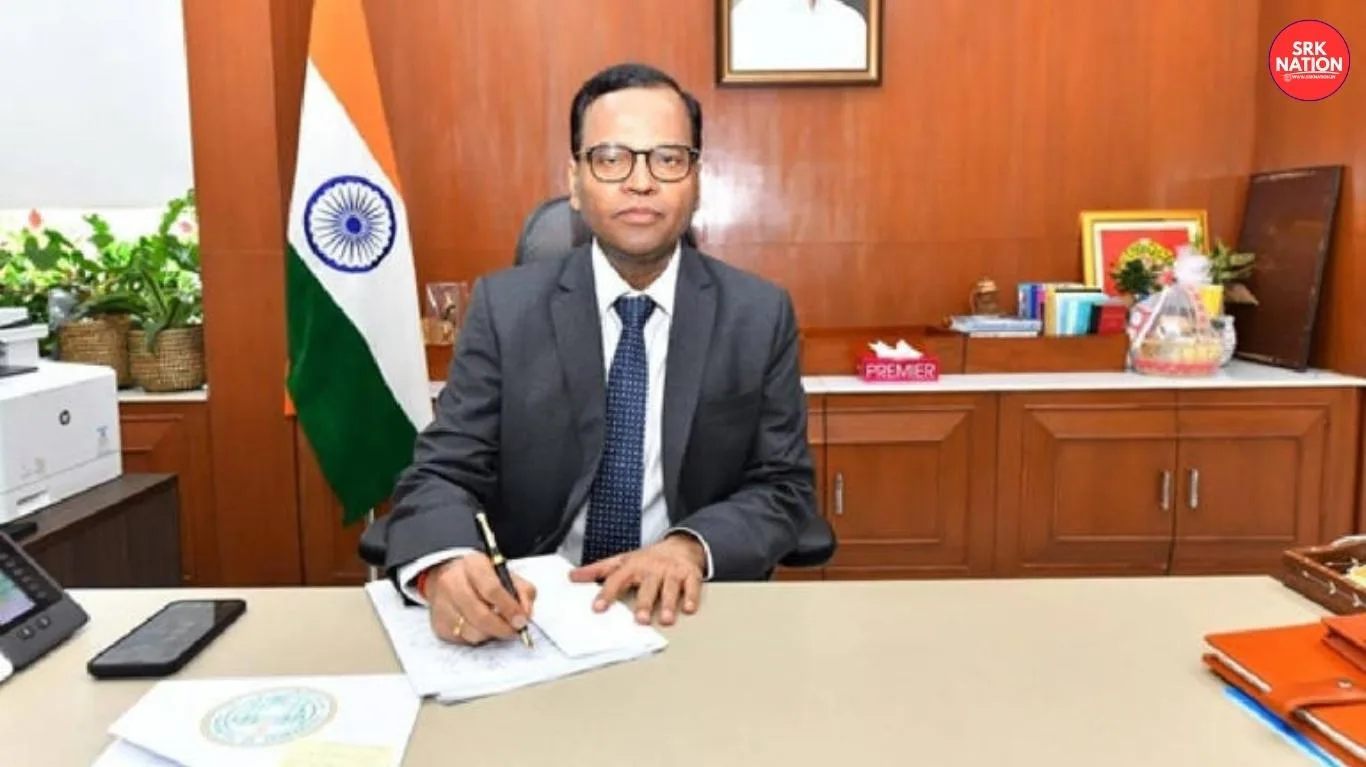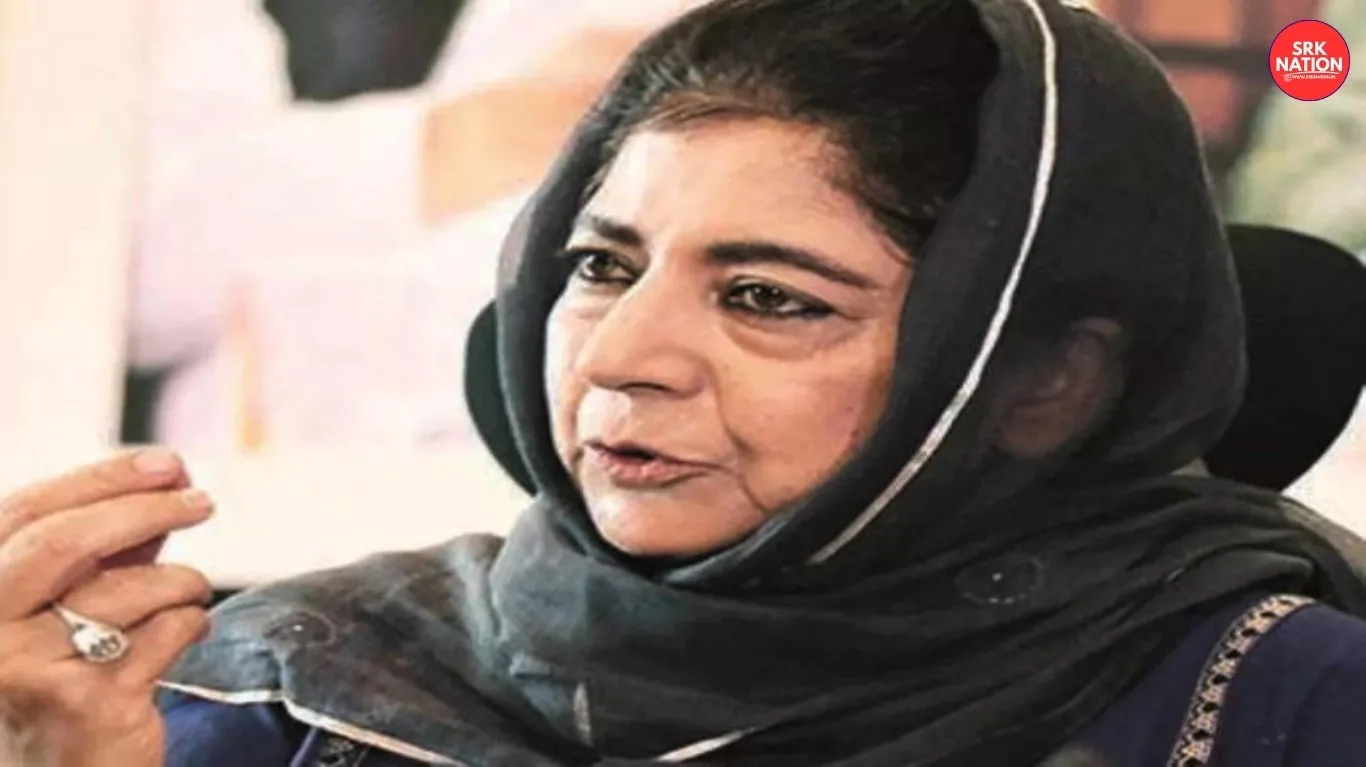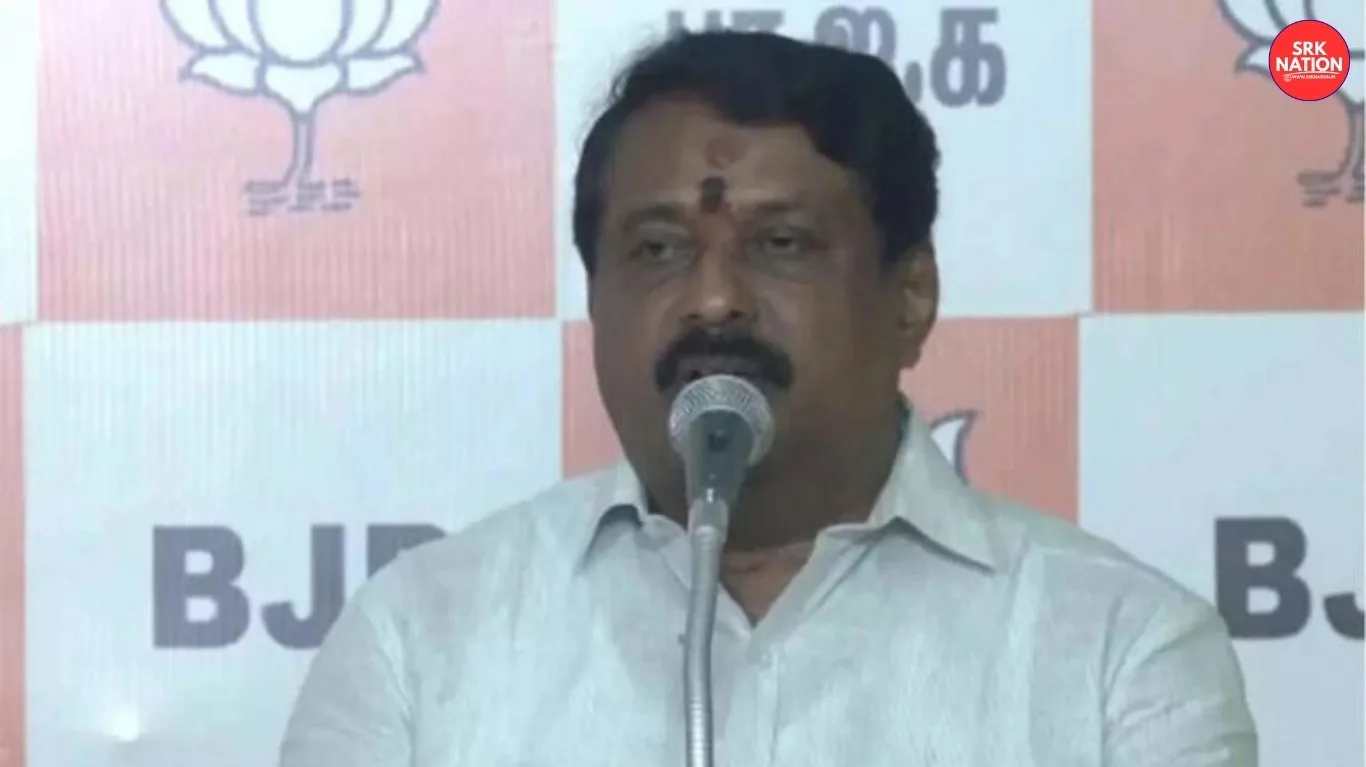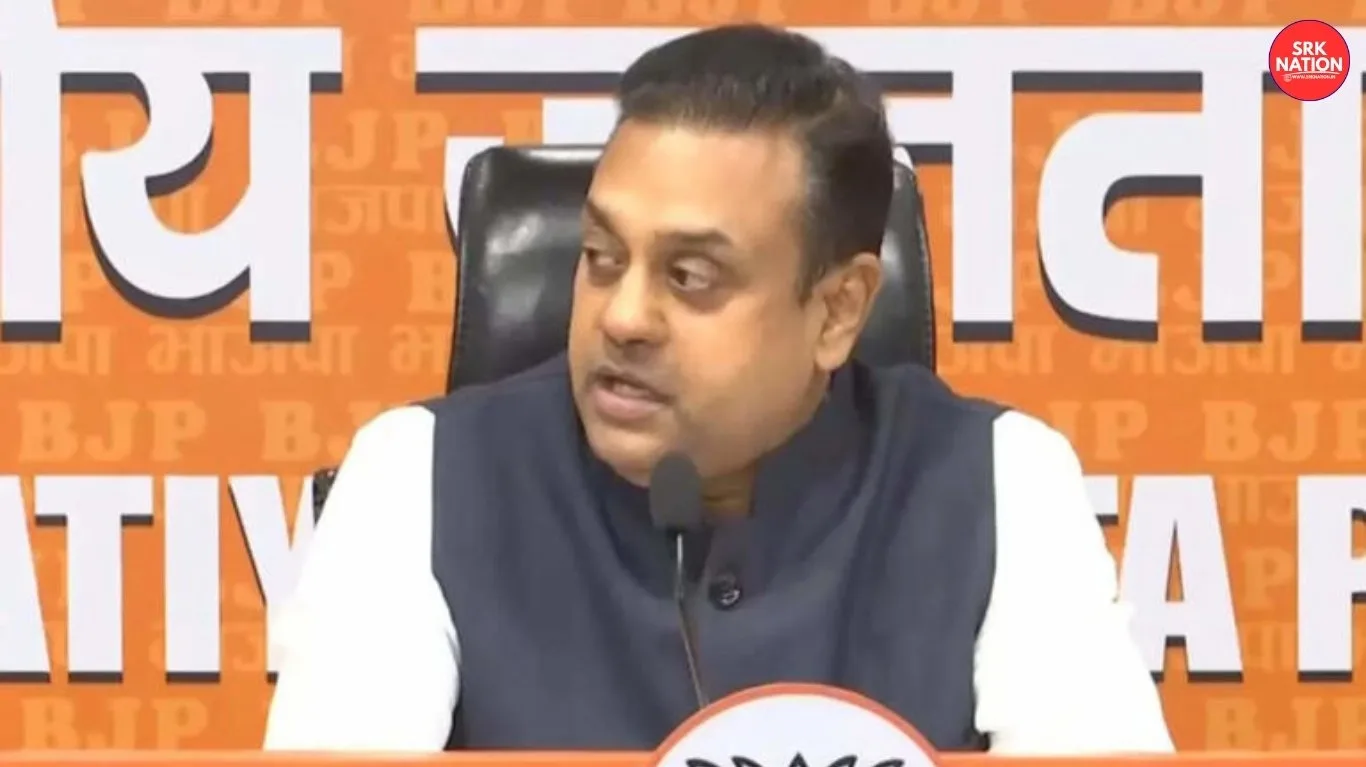In a deeply disturbing incident that has ignited public outrage and political debate, four students from the University of Calcutta were allegedly assaulted by a group of Hindi-speaking traders in the Sealdah station area of north Kolkata for speaking in Bengali. The students, all residents of the university’s Carmichael Hostel, were reportedly branded as “Bangladeshis” and attacked with sticks, knives, and sharp weapons following a verbal altercation over the price of a mobile phone cover.
The incident, which occurred on the night of August 20, 2025, has triggered widespread condemnation from civil society groups, student unions, and political leaders. It comes amid growing concerns over ethnic profiling and linguistic discrimination in India, particularly against Bengali-speaking communities in BJP-ruled states. However, the fact that such an attack occurred in West Bengal itself—where Bengali is the official language—has shocked many and raised questions about the state’s social fabric.
🧭 Timeline of the Incident: From Bargaining to Brutality
According to eyewitness accounts and police reports, the confrontation began when one of the students visited a mobile accessories shop under the Sealdah Bridge and got into a minor argument with a trader over the price of a phone cover. The trader allegedly abused the student in Hindi and mocked him for speaking Bengali. The student returned to his hostel and came back with three friends to confront the trader. What followed was a violent escalation.
| Date & Time | Event Description | Outcome |
|---|---|---|
| August 20, 2025, 9 PM | Student visits shop, argues over price | Trader abuses student in Hindi |
| August 20, 2025, 10 PM | Student returns with friends | Traders brand them “Bangladeshis” |
| August 20, 2025, 10:30 PM | Physical assault with sticks and knives | Students injured, mobile phone stolen |
| August 21, 2025 | Complaint filed at Muchipara Police Station | Two traders arrested, investigation ongoing |
The injured students were taken to Calcutta Medical College and Hospital for treatment. A formal complaint was lodged at Muchipara Police Station, and two individuals—identified as Dipak Kumar Shaw and Imtiaz Ali, both residents of Narkeldanga—have been arrested so far.
📊 Victim Profile and Allegations
| Name (Withheld) | Affiliation | Injury Details | Allegation Summary |
|---|---|---|---|
| Student A | Carmichael Hostel | Head injury, bruises | Verbally abused for speaking Bengali |
| Student B | University of Calcutta | Arm lacerations | Branded “Bangladeshi”, attacked with stick |
| Student C | University of Calcutta | Minor cuts | Mobile phone stolen during assault |
| Student D | University of Calcutta | Knife wound on leg | Threatened with communal slurs |
One of the victims told reporters, “They said in Hindi that we are ‘Bangladeshi’. When we protested, they beat me. They took away my mobile phone. One man even attacked us with knives”.
🔍 Political and Social Reactions
The incident has sparked a political row, with Trinamool Congress (TMC) leaders linking it to a broader pattern of harassment faced by Bengali-speaking individuals across India. TMC spokesperson Krishanu Mitra condemned the attack as “ethnic profiling” and praised the police for swift arrests.
| Stakeholder | Reaction Summary |
|---|---|
| TMC Leaders | Condemned attack, linked to national pattern |
| Bangla Pokkho | Protested at police station, demanded justice |
| Congress Leaders | Called for communal harmony and legal action |
| Civil Society | Urged protection of linguistic rights |
Bangla Pokkho, a pro-Bengali advocacy group, staged a protest outside Muchipara Police Station and warned of further agitation if all accused were not arrested promptly.
🧠 Linguistic Identity and Ethnic Profiling
The branding of Bengali-speaking students as “Bangladeshis” has reignited concerns over linguistic discrimination and ethnic profiling. Experts argue that such incidents reflect a dangerous erosion of India’s pluralistic ethos.
| Issue | Description | Broader Implication |
|---|---|---|
| Linguistic Discrimination | Abuse for speaking Bengali in Bengal itself | Threat to cultural identity |
| Ethnic Profiling | Labeling Bengalis as “Bangladeshis” | Communal polarization |
| Urban Tensions | Traders vs students in mixed-language zones | Need for conflict resolution mechanisms |
Dr. Ranjana Baruah, a sociologist, noted, “This incident is not just about language—it’s about identity, belonging, and the right to exist without fear in one’s own state.”
📉 Law Enforcement and Investigation Status
The Kolkata Police have confirmed that a complaint has been registered and that arrests have been made. CCTV footage from the area is being reviewed, and further arrests are expected.
| Investigation Step | Status |
|---|---|
| FIR Registration | Completed at Muchipara Police Station |
| Medical Examination | Conducted at Calcutta Medical College |
| Arrests | Two traders arrested |
| CCTV Footage Review | Ongoing |
| Community Outreach | Police engaging with student unions |
Senior officers have assured that the matter is being treated with urgency and sensitivity.
🧠 Historical Context: Bengali Identity in West Bengal
West Bengal has long been a bastion of Bengali culture, language, and intellectual tradition. The Ima Keithel-style markets, Tagore’s legacy, and the state’s literary heritage are deeply rooted in its linguistic identity. Attacks on individuals for speaking Bengali in Kolkata—a city synonymous with Bengali pride—are seen as an affront to this legacy.
| Cultural Symbol | Significance |
|---|---|
| Bengali Language | Official language of West Bengal |
| Calcutta University | Historic center of Bengali intellectualism |
| Sealdah Station Area | Diverse commercial hub |
| Carmichael Hostel | Student residence with cultural heritage |
The incident has prompted calls for renewed efforts to protect linguistic rights and promote inter-community harmony.
📌 Conclusion
The attack on Bengali-speaking students in Kolkata for simply using their mother tongue has exposed deep fissures in India’s multicultural fabric. As investigations continue and arrests are made, the incident serves as a grim reminder of the urgent need to uphold linguistic dignity, prevent ethnic profiling, and foster inclusive urban spaces.
West Bengal, a state that has historically celebrated its cultural richness, must now confront the uncomfortable reality of internal divisions—and work collectively to ensure that no citizen is ever made to feel like a foreigner in their own land.
—
Disclaimer: This article is based on publicly available news reports and police statements as of August 21, 2025. It is intended for informational purposes only and does not constitute legal or political advice.

